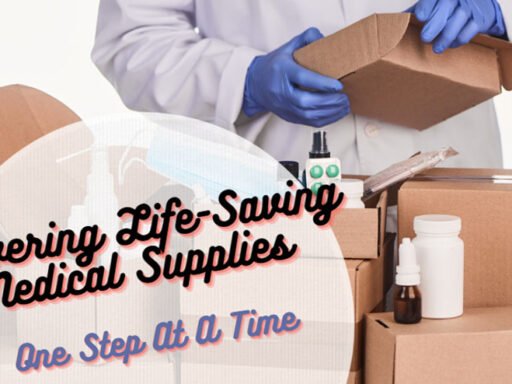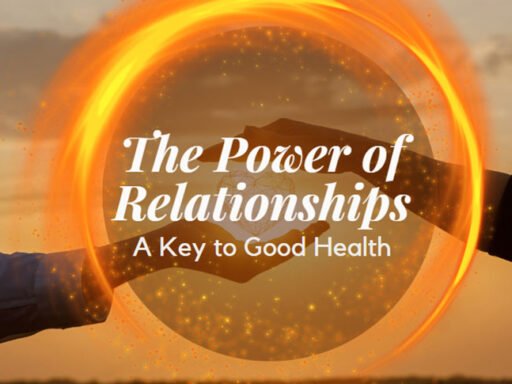Having chronic anxiety is a condition you cannot take lightly. Its effects are nothing short of damaging. Going beyond heart palpitations and an aversion to taking risks, anxiety can also trigger long-term physical and mental conditions that could reduce your quality of life and limit what opportunities you can savor in your personal and professional life.
Considering these complications, the worst thing you can do to address anxiety is to shrug it off as normal. However, there’s nothing normal about trying to escape from situations that are barely life-threatening and developing worsening symptoms of depression and insomnia. It’s a condition you will want to address most pragmatically, and the key to that is knowing a few pointers on how to deal with it the right way.
-
Your Lifestyle Affects Your Vulnerability
People often think that anxiety is inherited or nurtured since childhood. While this remains to be seen, experts have already tied anxiety to poor lifestyle choices and habits. In one study published in the National Library of Medicine, habits such as prolonged screen time and a lack of sleep are associated with elevated risks of anxiety. Even the lack of physical activity and social interaction could contribute to the worsening effects of anxiety.
You can never go wrong with abandoning habits that are inimical to your mental and physical health. Rather than finding comfort in scrolling social media far above what is considered healthy, commit at least an hour each day to a workout that not only engages your physical health but also stimulates your mind and satisfies your hunger for social interactions. Exercise is also the perfect distraction from the things that feed your anxious self.
-
Food Influences Your Thoughts
Dietary habits have just as much of an impact on mental health as having ample social interactions or a lack thereof. Sure enough, some of the food you consume every day can amplify the effects of anxiety. Stimulants like sugar and caffeine are known to override your nervous system, leading to increased restlessness, made even worse by your condition. On the other hand, alcohol may not have the relaxing effect that you thought.
Notwithstanding the risk of developing a damaging dependence, the substance is also known to inhibit your mood and make you feel more hopeless and restless as a result. Minding what you eat does influence your brain chemistry, so it’s crucial to consume food containing minerals like magnesium and antioxidants that not only provide ample nutrition but also improve brain health, allowing you to cope better in stressful and anxiety-inducing situations.
-
Know Your Medicine
In some severe cases of anxiety, doctors may prescribe drugs meant to put the nervous system in a calmer state, allowing you to stay in full control of your emotions and the decisions you make. Keep in mind that not all anxiety medications can help cater to your needs, as some could impair normal brain functioning and may even lead to dependence.
As someone who has anxiety, it’s important to learn as much as you can about the drugs that best fit your situation. There is a significant difference between Xanax and Valium, which are also used to treat addictions to certain drugs. What’s more, products marketed as over-the-counter “organic” anxiety medication are in no way effective, so it pays to be discerning when you decide to get treatment for anxiety.
-
Get Professional Help
Some people make the fatal assumption that feelings of anxiety could go away if we choose not to entertain them. Not only is this false, but it discourages vulnerable people from seeking professional help.
No matter how people claim anxiety to be a choice rather than a legitimate condition that deserves to be treated using an evidence-based approach, always seek the advice of a licensed professional. It is not a sign of weakness to seek help when you acknowledge how severe the symptoms are getting. Instead, view it as a life-saving, life-affirming measure.
Endnote
Suffering from anxiety could affect the quality of your life in unimaginable ways. Learning how to deal with it the right way can help you live normally.





